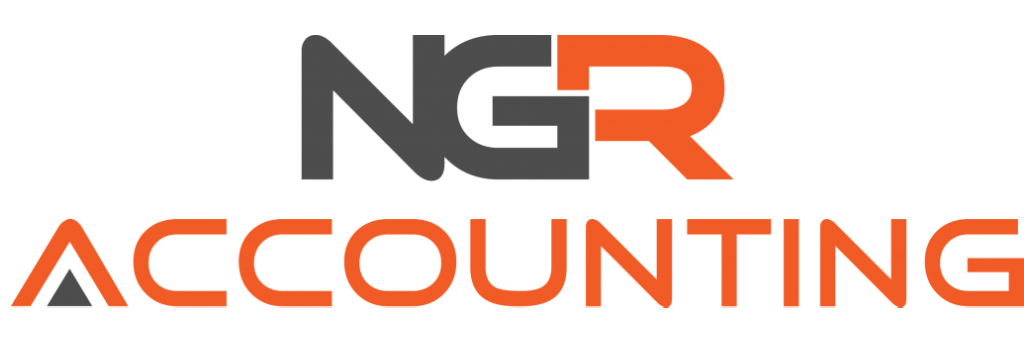Sharing Economy
With COIVD shutting down international travel, Aussies started to travel around our beautiful country/states, and with numerous individuals affected financially by the virus, many individuals have turned to Airbnb to help make some extra income in this uncertain time. Airbnb is an online marketplace that connects people who want to rent out their homes with people who are looking for accommodations within local areas. For hosts, participating in Airbnb is a way to earn some income from their property, however, it’s important to be knowledgeable about all the aspects that go into being an Airbnb host. In today’s article, we touch on everything you need to know about when considering becoming an Airbnb host.
Rental Income:
Have you ever thought of becoming an Airbnb host ?
It is important that the rent you are charging is at a commercial or market-rate because when it comes to claiming back on your tax deductions for the Airbnb income, you’re going to be able to claim 100% of the market rate of whatever the expense may be. However, this can only be done if you are charging a commercial rate.
Rental Expenses:
In this part, we are focusing on the Airbnb host who is only renting out a part of their house, for example only renting out downstairs of their home. There are going to be some expenses that are fully deductible.
So, typically expenses that would normally be claimed would be the fees Airbnb charges or the advertising cost that allows individuals to rent the area of your house. Other common expenses are fees such as cleaning or repairs or damage cost that are made to the area of the house that is being rented out.
There are, however, expenses that are only partially deductible for an Airbnb host. For example, if you were only renting out the downstairs of a house and totaled to 50% of the total floor space of the entire house, you will only be able to claim 50% of partial expenses, for example, water rates, council rates, strata, utilities, insurance, interest on the home loan.
There are also going to be some aspects that you will not be able to claim. Anything that is considered to relate to the private area of the house will most likely not be able to be claimed. For example, you will not be able to claim any repairs or maintenance that relate to your private bedroom, bathroom or purchasing furniture that will only be used in the private area.
It is important that as an Airbnb host whatever you are trying to claim as a tax deduction needs to relate to the assessable income.
Capital Gains Tax
As mentioned in our last video/blog Capital Gains tax is a tax that was introduced in September 1985 and basically stipulates that if you have an investment property purchased after this date, that a tax on the profit made on the sale of that property will be subject to capital gains tax, which is taxed at your marginal tax rate.
Airbnb hosts need to consider how capital gains tax will impact them when they sell the property. Even if you only rented out part of your house on Airbnb for a few years, at some point upon the sale of the property, there will be a capital gains tax calculation.
There is good news, Capital Gains tax is except for the few who purchased their property prior to September 1985, regardless of how little or often you derive rent (including Airbnb rent).
If you have rented out part of your home as Airbnb, like the example above, only rented out 50% of the floor plan, the capital gains tax is going to be on a prorated basis. Meaning that only a proportion basis of the space rented out over the total space of the house will be subjected to capital gains tax.
How we calculate that capital gain is quite simple. From the day you go rent your house out as an Airbnb property, you should get an evaluation done on your house to determine how much it was worth at that point. We strongly advise you get a registered valuer, as it is best practice.
The valuation needs to be based on the day you started renting the house, the valued amount forms as part of the cost base of the property. So, if you are an Airbnb host today and your house was valued at $2,000,000, and in 5 yrs. the time you sold your house for $3,000,000, essentially over the 5 years, you have made $1,000,000. If we also assume you only rented out 50% of the house, like the example above, only 50% of that gain is going to be treated as capital gains tax event.
Lastly, if you are considering renting out your home on Airbnb, ensure you are completely aware of all aspects beyond just tax deductions and capital gains tax. If you have any further questions, please do not hesitate to reach out.
